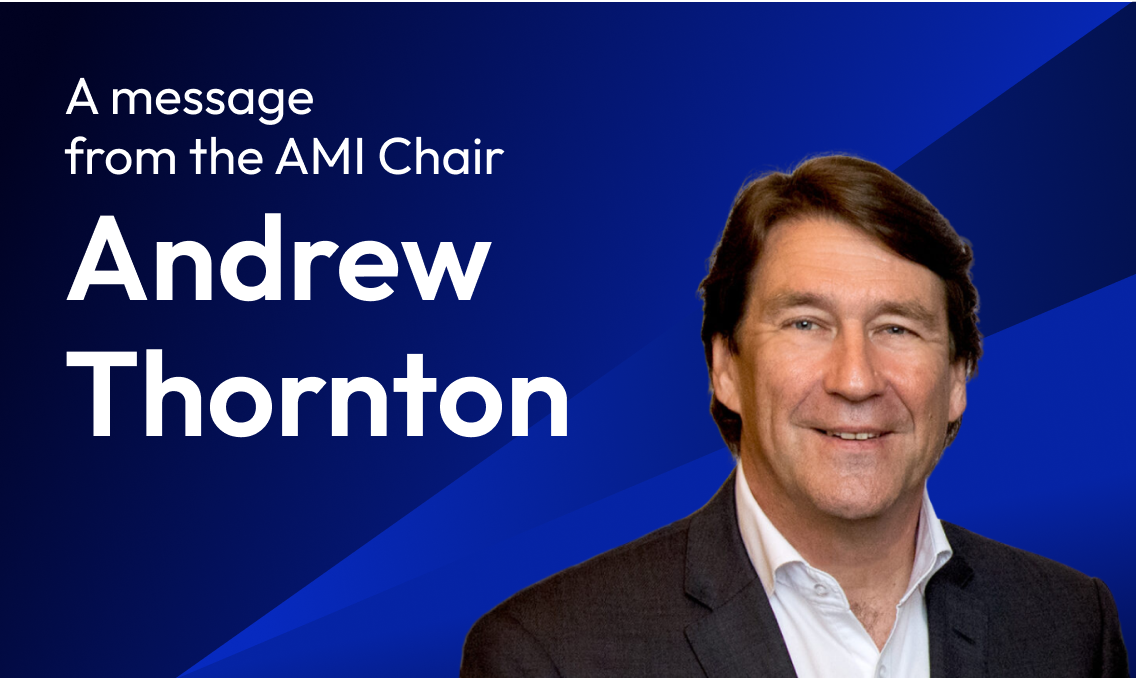What’s your career plan for 2025?

As 2024 draws to a close (where did the past year go?), many of you will be assessing your career progress, this past year, and start thinking about what 2025 will bring.
Let me be blunt: career progression rarely happens by osmosis.
To increase your chances of success, I advocate having a Career Roadmap in place. Creating a career roadmap will provide you with a foundation on which you can advance your career.
And whilst I have written about the benefits of a Career Roadmap before, I believe its important to reinforce what is meant by it and the key elements you need to consider.
Start by defining what success looks like for you. Everyone has their own idea of ‘success’. Think about what is most important to your career now and what you want your career to look like in the future. What you are striving for now may not be the same as what you want 3, 5 or 10 years down the track. Thinking long term will help you define your version of success.
Goals and time lines go hand in hand. You need to establish your career goals and set a timeline. Without a timeline, its much harder to achieve your goals. Without goals, a timeline is simply a schedule. Goals need to be realistic, but should also include those that will stretch you. What are your ‘milestone’ goals – the major checkpoints in your career progression? To achieve your ‘milestone’ goals, break them down into smaller, more manageable short-term goals.
Feedback is a way to measure your progress and make sure you are on the right track to achieve your goals. I suggest scheduling periodic meetings with your manager and ask ‘how am I going? How can I improve? etc. Don’t just wait until your annual review. Expand the range of your feedback to peers and colleagues, and people in the type of roles you aspire to. To take this a step further, be open with your manager – there are usually more opportunities for advancement than you realise. Talk to you manager about what career possibilities exist within the organisation you work for and share your career goals and aspirations – this will help put you on their radar.
Having a mentor can play a key role in helping you advance your career. Seek out a mentor that you believe has the experience to help you. Or you may wish to participate in an organised mentoring program, such as the AMI’s Emerging Marketers Program (enrollments start in early 2025).
Networking is also a tool to utilise to enhance your career aspirations. It’s often not what you know but who you know. Be proactive in building your network and do your homework to identify opportunities to expand your network. The AMI provides numerous opportunities for you to attend networking events. But be proactive and seek out other attendees that may provide you with additional career insights.
Volunteering for stretch assignments give you an opportunity to get a taste for a new role and enable you to showcase your skill sets to others. Raise your hand for a new project or volunteer to help with something that may be less familiar to you. Not only is this a great way to build your skills and experience, it shows your manager you are ready to take the next step.
One critical consideration is a commitment to Continuous Professional Development (CPD). Remember, completing your undergraduate studies are just the start of your journey. No longer can you rely on ‘learning on the job’. You need to continue to evolve your skills to ensure you have the right expertise that is appropriate for the role you are in now and those you aspire to. Undertaking CPD means your skills stay up to date – so critical in this ever-changing employment environment. Think AI and how quicky this has impacted the marketing spectrum. The AMI provides you with access to over 100 competency based programs and, soon, we will have a diagnostic tool available to help you identify the shortfalls in your skill set and suggest CPD opportunities to close the gaps. Look out for this in early 2025.
Collectively, these elements help you create your career roadmap, which, in turn, becomes your action plan and guide to career advancement. Remember, the roadmap is not set in stone and you can evolve it with new goals at any time. And a career path is not a straight line – so don’t feel you need to follow a rigid path to get there.
By now you will understand what I mean when I say ‘career progression rarely happens by osmosis’. Regardless of what stage you are at in your career, you have to plan and work at it. No one else will do it for you. Career success come from the effort you put into managing your career.
On that note, good luck for 2025!





